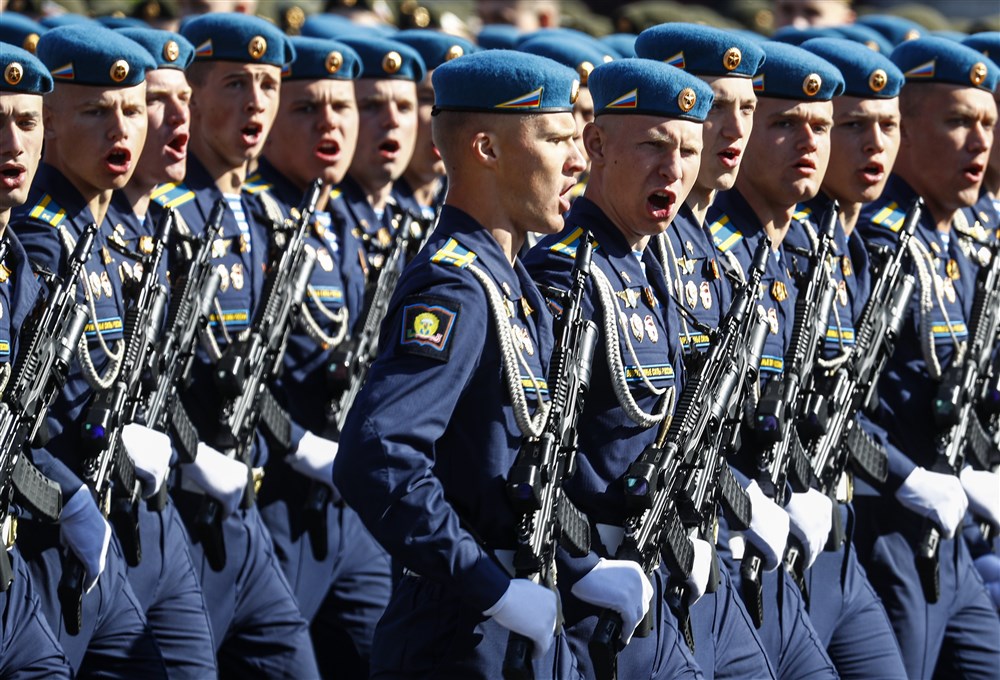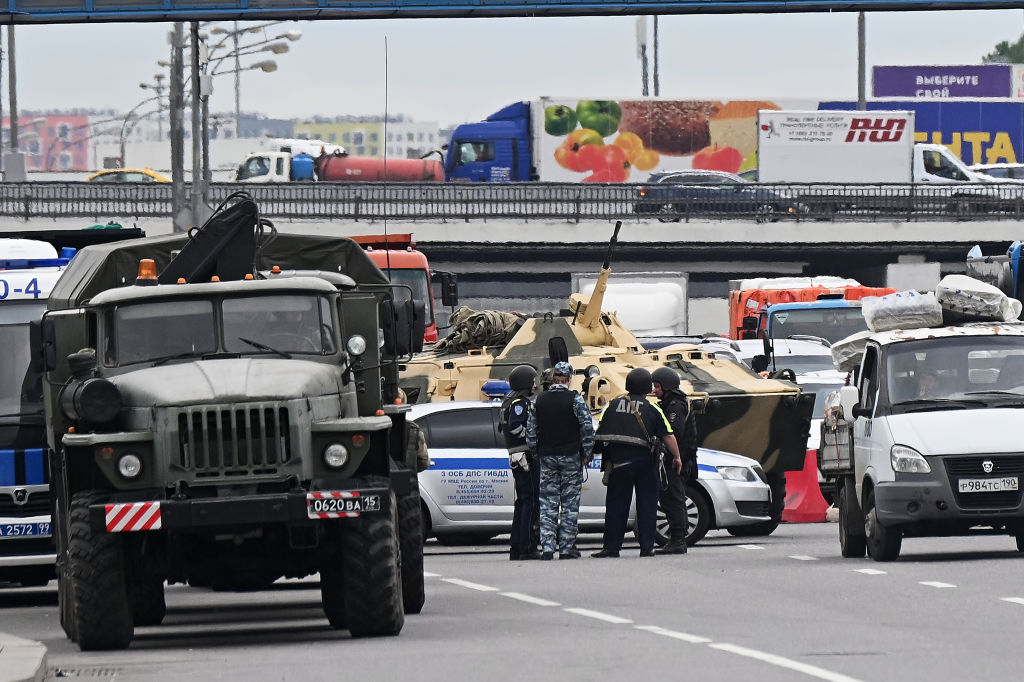The first phase of the latest Ukrainian counteroffensive against Russia has “failed”, an Austrian colonel has claimed.
Armed with various advanced weapons supplied by the West, Ukraine has been attempting to regain territory taken by forces deployed by Russian President Vladimir Putin over the past 12 months.
However, while some media outlets have been bullish about Ukrainian operations, Markus Reisner, the commander of the elite Austrian Guards Battalion, said he believes that the start of this latest fight back has been unsuccessful.
“In my view, the first phase of the Ukrainian offensive has failed,” he told German broadcaster N-TV.
“Attempts have been made to push forward like something straight out of a US Army textbook,” he continued, comparing the country’s military tactics to those used by Russia at the start of the war with Ukraine.
“Then the Ukrainians realised that the Russians were too well prepared to achieve such a breakthrough. And they lacked the necessary support for such a mass attack.”
Reisner said the Ukrainians have now been forced to pause and take stock of the current situation, which he views as a hopeful development.
“Ukraine then went on operational hiatus, consolidated and is now attempting to change its tactics and combat techniques,” he said, describing the shift as “good news” as it meant the country was moving towards strategies that would be more likely to work.
However, this positive development comes with certain costs, Reisner warned, with the military expert saying that the country’s slower advance will probably result in heavier losses.
“That is the dilemma of this fighting technique,” he said, although he emphasised that similar strategies had been relatively successful in the Ukraine cities of Severodonetsk and Bakhmut.
The colonel’s cautious analysis appears to be mirrored by Western media outlets, with the optimism spurred by the mutiny of the Moscow-backed Wagner mercenaries at the end of June drying up in the face of stronger-than-expected Russian resistance.
According to Ukrainian troops interviewed by the New York Times, one village that they had expected to be given up by the Russian military without too much of a fight was instead held by them for two days.
Mines deployed by Russian forces have also reportedly led to significant problems for the Ukrainian advance, with one soldier telling the BBC that casualties caused by the weaponry are common.
“We have [mine] injuries after every fight,” he said, with the broadcaster adding that the Russians are deploying more mines behind Ukrainian lines using rockets.
Ukrainian President Volodymyr Zelensky acknowledged last month that the offensive was moving “slower than desired”, although was keen to hit back at critics of the country’s progress.
“Some people believe this is a Hollywood movie and expect results now. It’s not,” he said.
“What’s at stake is people’s lives.”





